On Sunday, September 14, in Madrid, protesters demanding an end to the genocide in Palestine disrupted the final stage of the 80th edition of the Vuelta a España, a major cycling race. Since the race began in August, demonstrators have called for the Israeli Premier-Tech team to be expelled from the competition. Despite intervention by riot police, protesters blocked several sections of the route, causing the race to end abruptly 56 kilometers before the finish line.

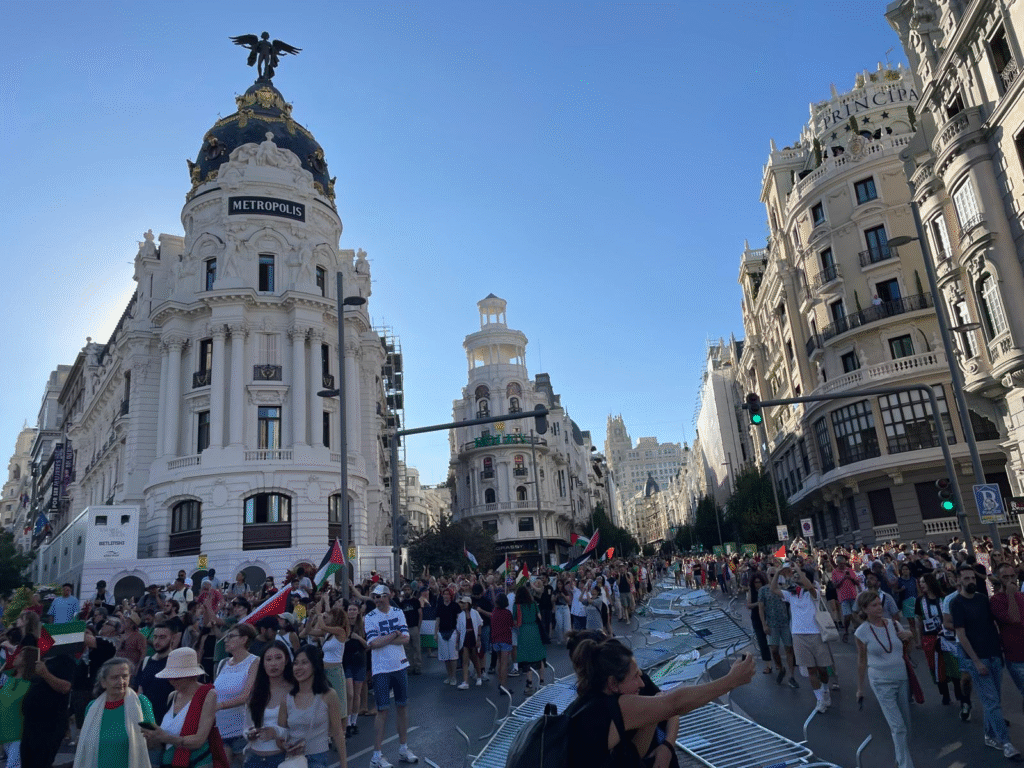
In response to the protests, Kiko García, the race’s Technical Director, stated that the International Cycling Union (UCI) — cycling’s governing body — “reaffirms its commitment to political neutrality, independence and autonomy in sports, in accordance with the Olympic Movement’s founding principles.” According to the BBC, Sunday’s events prompted the UCI to issue a statement calling “into question Spain’s ability to host major international sporting events, ensuring that they take place in safe conditions and in accordance with the principles of the Olympic Charter.”
Sports as political battlegrounds
In recent world history, major sporting events have become battlegrounds for foreign and domestic politics. A notable example of this is the 1968 Mexico City Olympics. A few days before the opening ceremony, the infamous Tlatelolco massacre occurred, killing hundreds of Mexican student protesters. At the same time, this was also the Olympics at which Tommie Smith and John Carlos raised the Black Power fist at the podium, a watershed image for the Civil Rights Movement in the US.
Nations that host major sporting events continue to make great efforts to suppress disruptive protests, using varying degrees of violence. Let us not forget the brutalization of Brazilian protesters by police before the 2016 Olympics in Rio de Janeiro.
Just last year, the 2024 Paris Olympics were taken up as an opportunity for civil society to call attention to national demands for better working conditions through labor strikes, and increase the visibility of the pro-Palestine, anti-genocide movement. Stanislas Guerini, the French Minister of Public Services, had given several warnings about the upcoming strikes in an interview, calling for the Games to be “a moment of success for the nation.”
For the first time since 1978, when Basque separatists disrupted a stage of the tour in San Sebastián, the Vuelta a España has found itself again in the midst of political turmoil.
Sánchez backs protests and declares arms embargo
In an unusual turn of events, Spanish Prime Minister Pedro Sánchez, also the head of the Spanish Socialist Workers’ Party (PSOE), endorsed the protests. He expressed his “deep admiration” for how “the Spanish people mobilize for just causes, such as Palestine,” and called on other countries, saying, “The debate that has opened up about what happened in Spain should grow and reach every corner of the world.”
On September 8, Sánchez had announced a decree to impose a total arms embargo on Israel, publicly using the word “genocide” for the first time when speaking of Israel’s war on Gaza, a legal and discursive shift. Sánchez, the leader of a traditionally socialist but establishment party, governs in coalition with Sumar (SMR), a left-wing formation formed from the recent collapse of Spain’s two-party system that had dominated for decades. SMR figures, such as Vice President Yolanda Díaz, have been vocal about the use of the term “genocide,” accusing Pedro Sánchez of political ambivalence in the face of increasing Palestinian suffering.
Israel’s reaction to the embargo decree was immediate. The country’s foreign minister, Gideon Saar, accused the Spanish government of being “anti-Semitic” and “corrupt” and noted Spain’s expulsion of the Jews in 1492. Israel also retaliated by banning the government’s vice president, Yolanda Díaz, from entering the country.
Not all social sectors or media outlets have welcomed the president’s support for the Palestinian cause. For example, El Mundo emphasized in their coverage the president’s role as an instigator of the failed race, writing, “Police charged pro-Palestinian protesters after Sanchez encouraged protests during the Vuelta cycling race.” This comes at a time when Sanchez’s public image has been under particular scrutiny due to the corruption scandal that affected his entire party in June.
Conservatives and media react with fury
Following Sunday’s events, representatives of the long-standing conservative Popular Party (PP) — including leader of the opposition Alberto Núñez Feijóo and president of the Community of Madrid, Isabel Díaz Ayuso, who posed with the Israeli team before the competition — made strong statements blaming the president for the riots. Feijoo called the president “an irresponsible leader who encourages violence among compatriots,” and Ayuso went so far as to compare downtown Madrid to “Sarajevo at war.”
Some reports claimed that protesters threw objects and made barricades with fences, creating a state of “total violence,” while others emphasized the excessive police violence as a response to peaceful protest. The Malas Lenguas news program on Public TV interviewed a demonstrator who showed her bruises and referred to the police reaction as “completely disproportionate.”
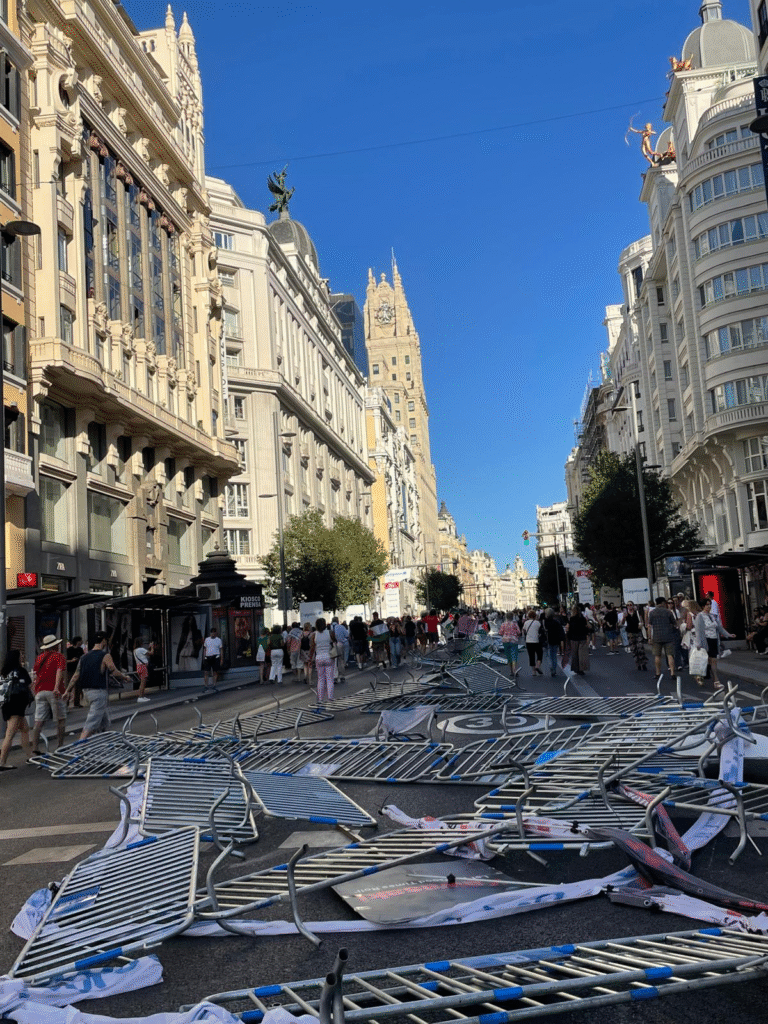
Even though the race didn’t come to a finish as expected, the points were calculated, and Jonas Vingegaard was named the 2025 winner of the Vuelta a España. Instead of celebrating on the stage set up by the organizers at the Cibeles fountain in downtown Madrid, the Danish champion celebrated on a makeshift podium.
After the tense race finale and the cancellation of the arms agreement with Israel the previous week, Spain announced that it would not participate in the 2026 Eurovision Song Contest if Israel did. Spain joined the Netherlands, Ireland and Iceland in this decision. Similar tensions regarding Israel’s participation in Eurovision arose earlier this year, both between European countries with differing opinions on the need to make a statement about it, and within Spain when its public television network played images from Gaza during Israel’s performance.
Boycotts, BDS and the future of international solidarity
The debate over Israel’s participation in competitions raises the broader question of the necessity of vetoes, sanctions and boycotts. The Boycott, Divestment and Sanctions (BDS) movement, which draws inspiration from the cultural and economic isolation of South Africa during apartheid, fights for ending international support of Israel.
Fandom communities around sports and the entertainment industry, even if limited, are part of a broader strategy toward this goal. Take, as another recent example, the popular Spanish musician Rosalía’s brief cancellation on social media for not making a public statement supporting the Palestinian cause.
On September 16, two days after the race, the United Nations released a new report, which Chair of the UN Commission, Navi Pillay, summarized in the following way: “The commission finds that Israel is responsible for genocide in Gaza.” Now with legal grounding in the UN, the question remains: How will Spain’s announced permanent arms embargo materialize, and will it set a precedent for other countries?
[Kaitlyn Diana edited this piece.]
The views expressed in this article are the author’s own and do not necessarily reflect Fair Observer’s editorial policy.
Support Fair Observer
We rely on your support for our independence, diversity and quality.
For more than 10 years, Fair Observer has been free, fair and independent. No billionaire owns us, no advertisers control us. We are a reader-supported nonprofit. Unlike many other publications, we keep our content free for readers regardless of where they live or whether they can afford to pay. We have no paywalls and no ads.
In the post-truth era of fake news, echo chambers and filter bubbles, we publish a plurality of perspectives from around the world. Anyone can publish with us, but everyone goes through a rigorous editorial process. So, you get fact-checked, well-reasoned content instead of noise.
We publish 3,000+ voices from 90+ countries. We also conduct education and training programs
on subjects ranging from digital media and journalism to writing and critical thinking. This
doesn’t come cheap. Servers, editors, trainers and web developers cost
money.
Please consider supporting us on a regular basis as a recurring donor or a
sustaining member.
Will you support FO’s journalism?
We rely on your support for our independence, diversity and quality.


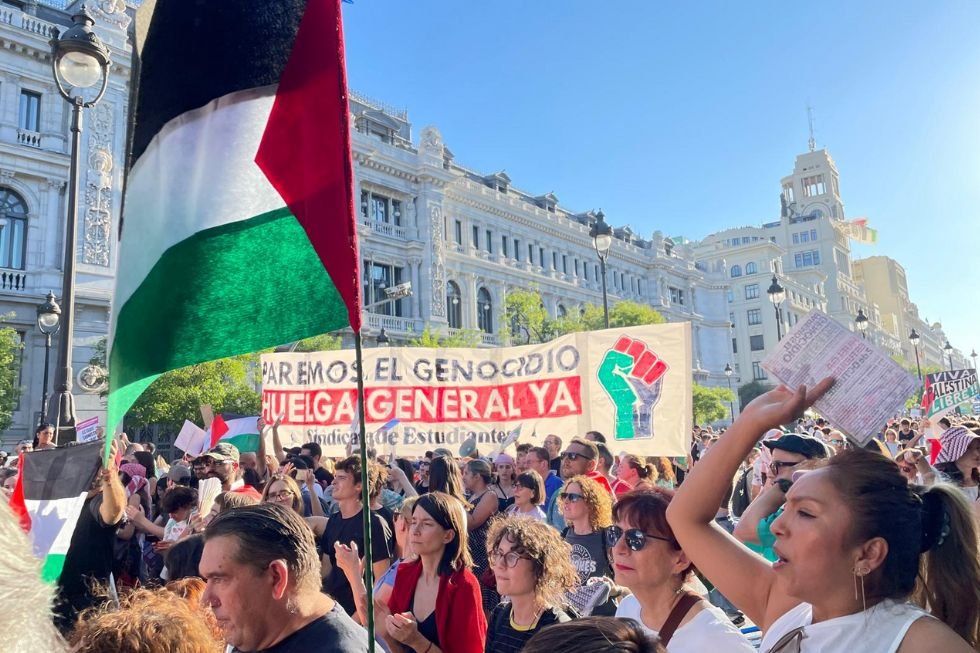
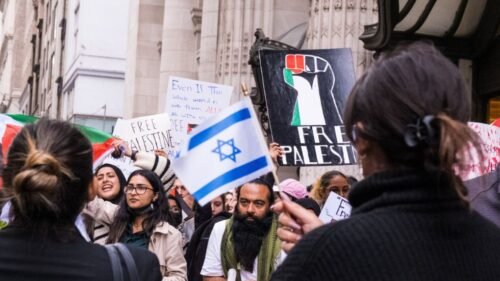

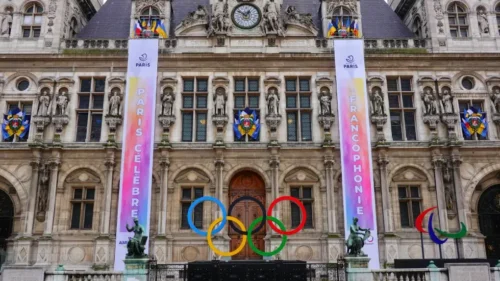


Comment